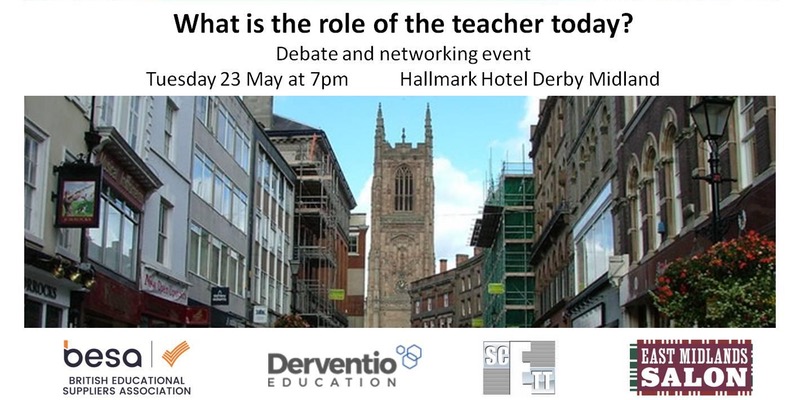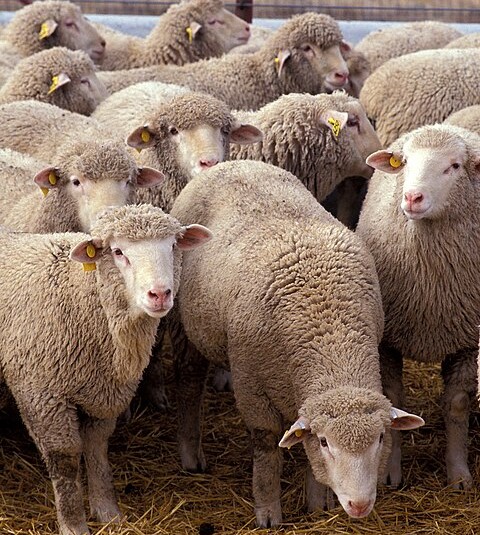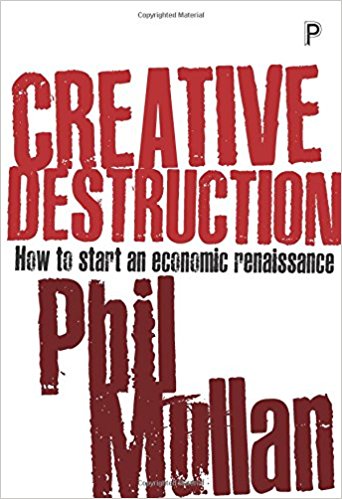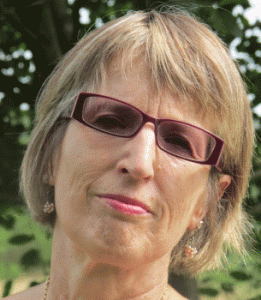
This event is organised by the British Educational Suppliers Association (BESA) in partnership with the Standing Committee for the Education and Training of Teachers (SCETT),Deventio Education and the East Midlands Salon.
Increasingly it seems that it is harder than ever before to be a teacher. Almost weekly there are news headlines warning of unprecedented numbers of teachers leaving the profession and of the difficulties of being able to attract new recruits.
Why is this “brain drain” from the teaching profession taking place? Certainly pay and conditions should not be overlooked, especially at a time of tightening budgets, and nor should limited resources. But research suggests that teachers are also feeling like their role is changing. Some argue that teachers are no longer at the heart of schools and that they are becoming technicians, expected to deliver lessons by the manual, with their performance measured and directed by inappropriate numerical targets.
Is the nature of the 21st century classroom such that this shift is inevitable? Or can teachers begin to regain autonomy and build the profession of teaching? Can innovations in technology and resources help teachers better achieve this? How should performance and targets be set and measured in schools?
Join a panel of educationalists to reflect on this important topic that aims to get to the heart of what the role of a teacher is – and should be – today.
Speakers include would be and new teachers as well as leading teachers and educationalists:
- Professor Dennis Hayes, Professor of Education, University of Derby; Honorary Secretary of the Standing Committee for the Education and Training of Teachers (SCETT)
- Dr Nick Daniel, A New Teacher
- Damien Roberts, Director and Co-Founder, Derventio Education
- Ged Rae, Lead Principal at Nottingham Academy
- Beverley Henshaw, a Student and intending Teacher
Chair: Patrick Hayes, Director of BESA
Date, Time and Venue: Tuesday 23 May at 7 PM in the Hallmark Hotel Midland, Derby.
FREE – BUT PRE-BOOKING ESSENTIAL ON EVENTBRITE
NB The discussion will start at 7 PM followed by a drinks reception at 8.30 PM kindly sponsored by Derventio Education.
This event will also be the Midlands launch of the SCETT book The Role of the Teacher Today (£3.50)




